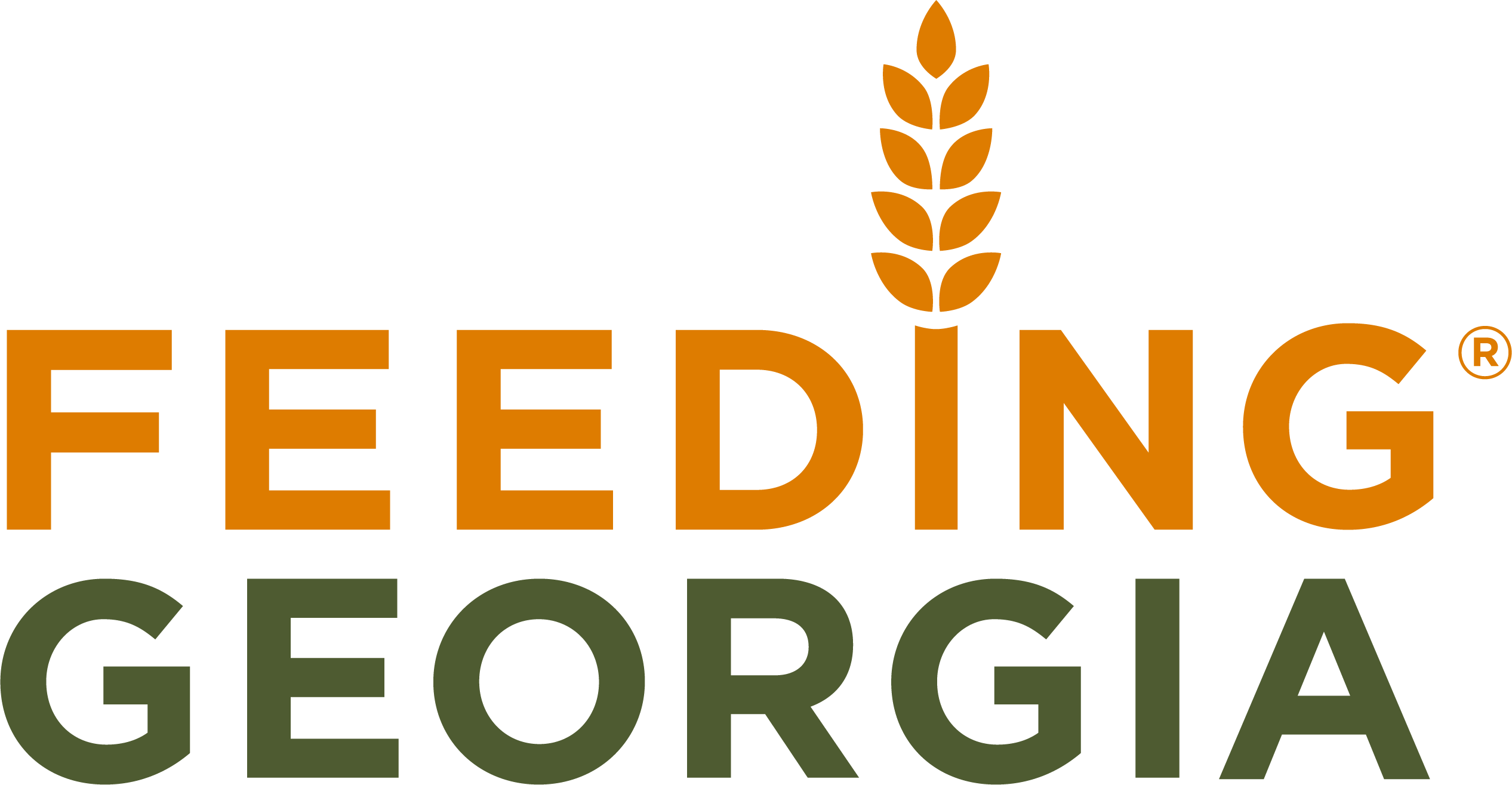Disaster Relief
In the aftermath of disasters, our food banks work in overdrive to make sure those impacted have the food and supplies to cope. Feeding Georgia helps to coordinate statewide efforts and ensure the food banks have the resources they need to assist those affected.
Georgia’s food banks are uniquely equipped to respond after a disaster through their high capacity warehouse spaces, fleets of trucks, and a nationwide logistics network. And, long after other disaster organizations have left, our food banks continue to play a critical role in helping these individuals and communities recover in the months and years to come.
Leading Up to Disasters
Leading up to and immediately following disasters, the Feeding Georgia works closely with Feeding America, FEMA (Federal Emergency Management Agency), GEMA (Georgia Emergency Management Agency), GA VOAD (Georgia Voluntary Organizations Active in Disaster), and other disaster relief agencies to:
- Identify what and where the immediate needs are
- Secure additional food and resources for the food banks
- Coordinate the staging and distribution of these resources with our food banks and partners
- Advocate for governmental resources and policies that will provide critical assistance to these victims.
Since the start of the COVID-19 pandemic, the Georgia National Guard has been assisting in each of our food banks packing and distributing meals.
-
Food Bank Response to COVID-19
Press
Listen: Molly Samuel from WABE covers how Food Banks and SNAP federal food benefits are working together to address the increase in need for food assistance during the pandemic.
Impact
While Georgians are struggling with school and childcare closures and job losses, Food Banks are responding to a sustained 30-40% increase in need for food assistance. Some areas have even seen a 60% increase in need.
The number of food insecure children could escalate to 18 million due to the pandemic. The USDA estimates this would be the highest rate ever in 25 years.
As a result, food banks have distributed 4.2 million meals per week since the onset of the pandemic in order to provide relief to struggling families.
How can you help when there is a disaster?
Donating money
Donating money is the best way to help our food banks to prepare, respond, and recover from a disaster. It allows us to allocate resources freely when and where they are most needed. To donate, please go to our donate page.
Think twice
Think twice before donating food, water or supplies. Although these items are often needed, we sometimes run into logistical challenges like too much of a certain product, or difficulty in storing. To provide the most help, ensure the product is being specifically requested before donating.
